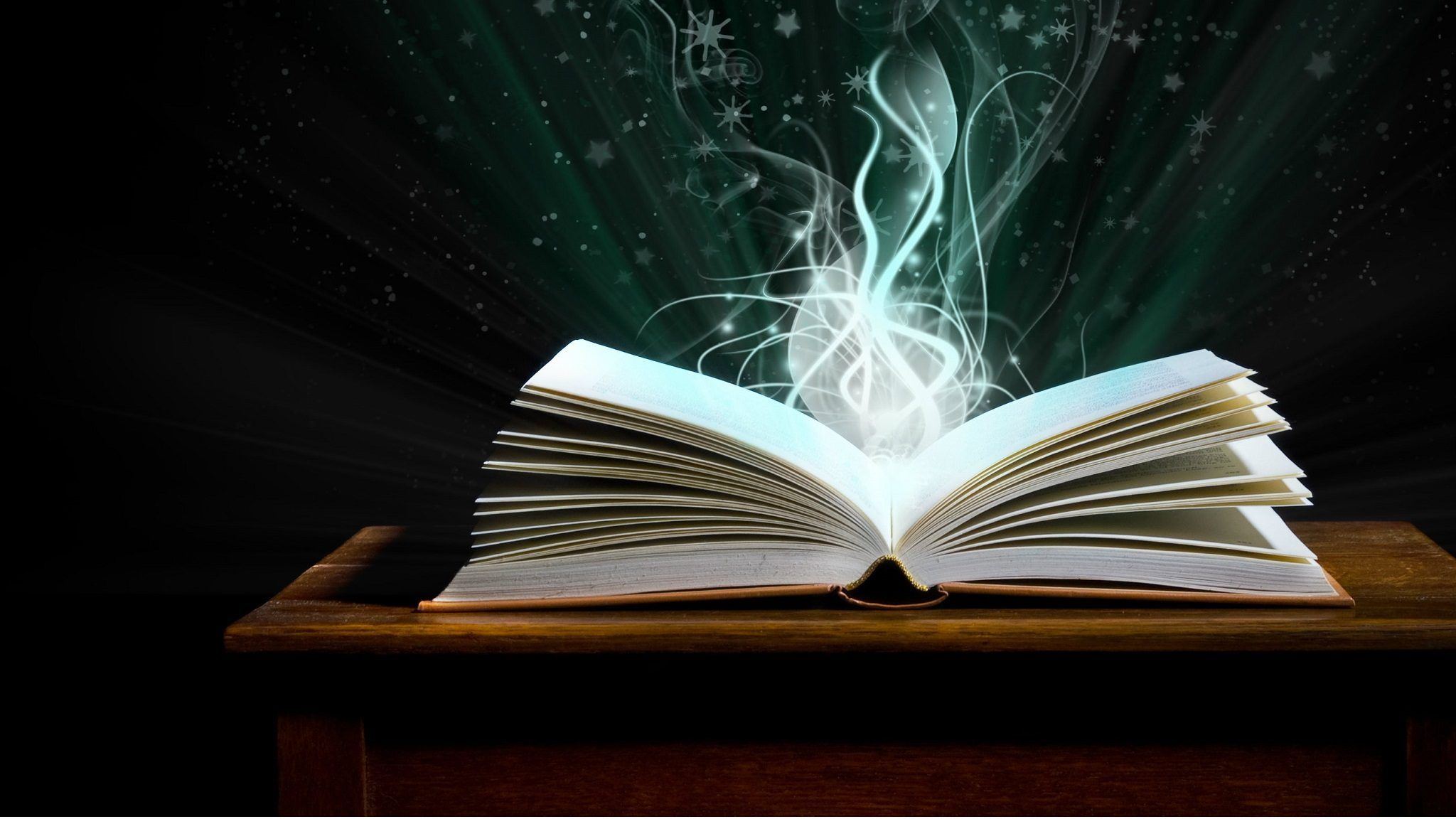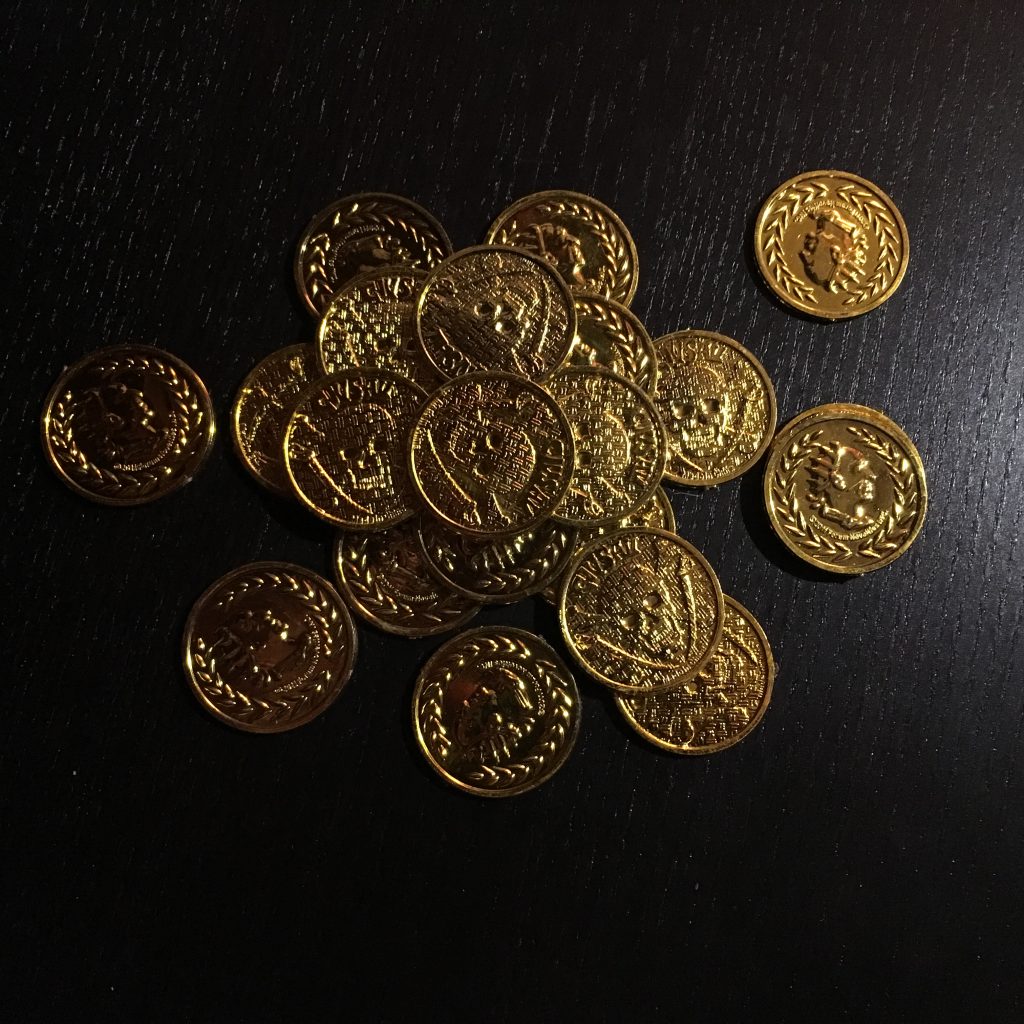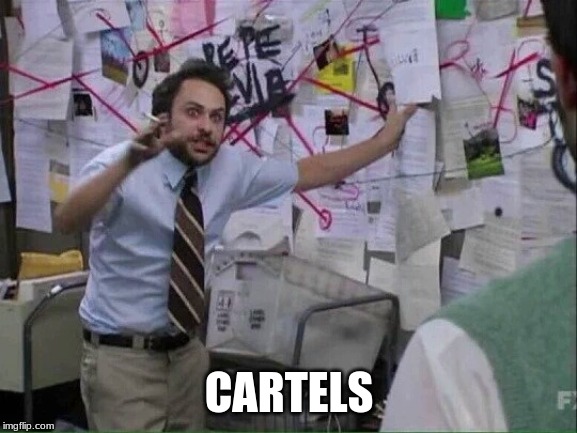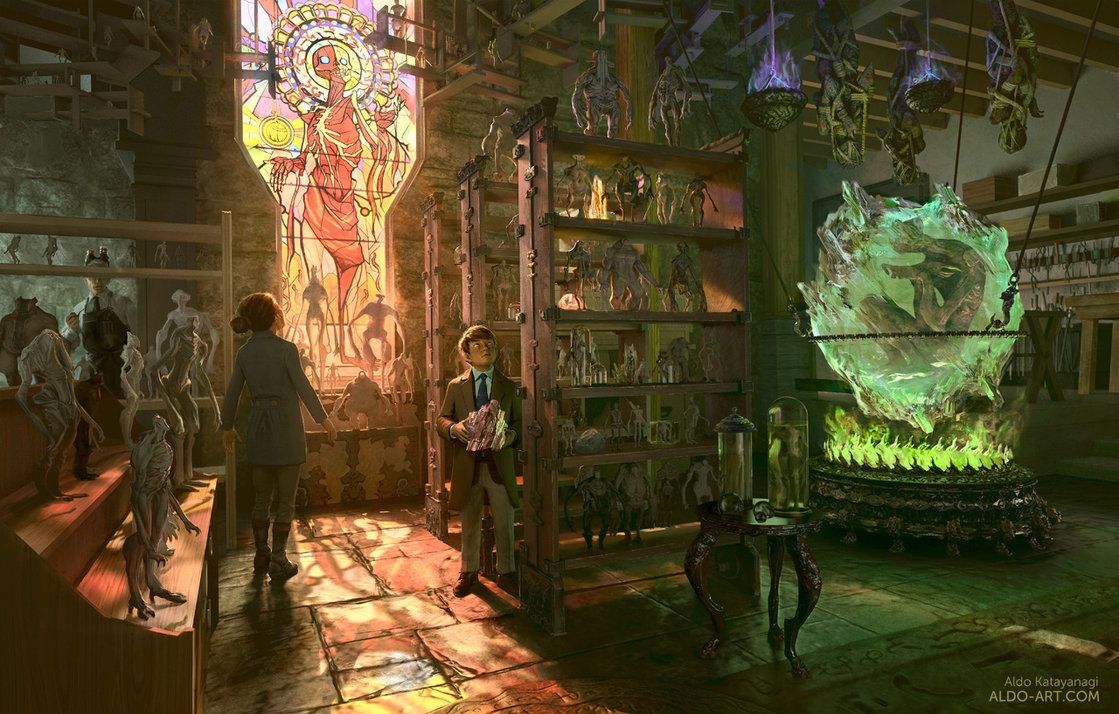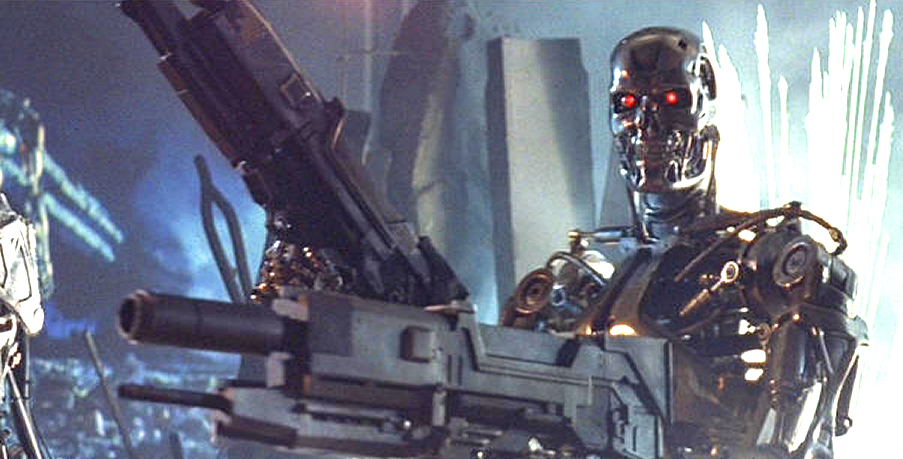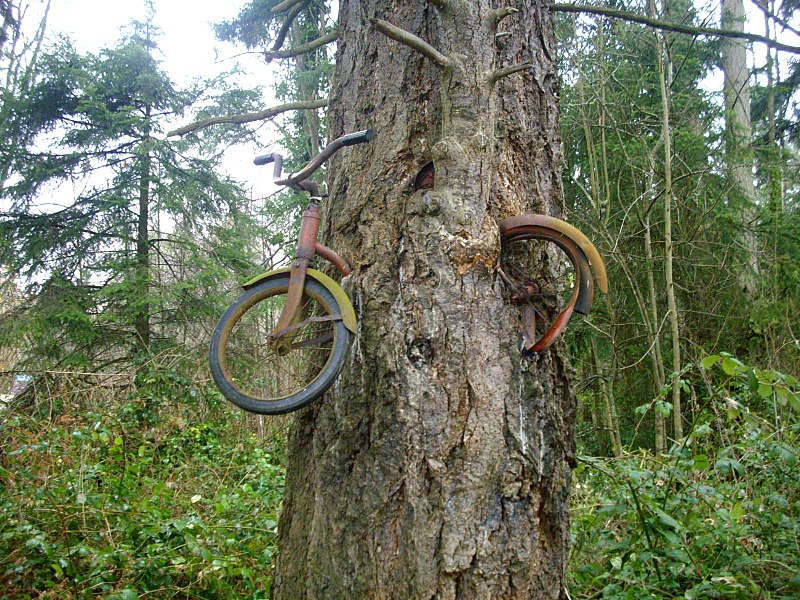Hi, my name is James and welcome to Code/Switch, today I want to talk about the cost of magic. A few months ago I wrote about the wealth of spellcasters who sell their services and today I want to examine how the value of their magic is actually determined.
Pathfinder has a standardized spellcasting cost formula. You take the level of the spell, multiply it by the level of the spellcaster, and then multiply that by 10g (Spell Level x Caster Level x 10g). Using this formula, cantrips cost 10g (even with the 0 spell level we’re not making them free), and 20th caster level, 9th level spells cost 1,800g. While 1,800g sounds cheap for a wish, generally those 9th level spells have added costs in expensive components, and if you’re not that level, you’ve had to buy them on scrolls which is more costly.
Knowing that formula, how did we get to it? We can just believe what the game designers wrote as an inherent rule of the system, or we can over-examine it! Why do spells have a fixed cost? Shouldn’t some be more or less valuable depending on time, place, and available resources? Why aren’t spellcasting services from good aligned casters free to heroes? I can only think of two options; either there’s a spellcasters union I’m unaware of, or that all spellcasters act as a cartel, price fixing their spells so they all get their chance to shine!
I’ll admit, a spellcasters union is unlikely. Its doubtful clerics of Urgathoa, wizards of Nethys, oracles of Abadar, and adepts of Zyphus would ever sit around and talk about equal pay. If a cartel model was adopted, spellcasters could base their prices off of each other without having to actually sit down and talk with each other, similar to how gas stations put their prices up around the same time in the morning based off who puts their up first. Additionally, non-intervention policies have been used in canon between good and evil forces with the goal of ensuring stability (Don’t want to give spoilers, but its in an AP volume).
The last bit of price-fixing cartel evidence is how spells themselves are classified. Spells are levelled 0-9, with each level of spell being more powerful than the last level. Some of the spells do powerful things, but under narrow conditions, and some spells are actually more expensive than the mundane solution would solve. While some magic is just out and out fantastical, I’ve compiled a small list of spells, the items and their costs to solve this problem mundanely and a similar real world equivalent item and its cost (generally from Wal-Mart).
| Spell Name | Golarion Item & Cost | Real-World Item & Cost |
| Endure Elements | Warm & Cold Weather Clothing, 8g each. | Winter Coat, $100. Short & T-Shirt, $25. |
| Damp Powder | Water, Usually Free. | Water, Free from Tap or $1 |
| Instant Portrait | Artist Poster 15g + 5sp per each extra poster. | Custom Poster (Vista Print), $10 with bulk discounts. |
| Mirror Polish | Mirror, 10g. | Mirror, $1 |
| Touch of Blindness | Flash Powder, 50g. | Industrial Marker, $2-$4 |
| Suffocation | Suffocating Powder, 45g. | Powdered Cinnamon, $2 |
| Touch of Combustion | Alchemist Fire, 20g. | Culinary Blowtorch, $20 |
| Light | Torch, 1cp. | Flashlight, $5-$10 |
| Spark | Flint & Steel, 1g. | Butane Lighter, $10 |
| Putrefy Food & Drink | Excrement, Free. | Excrement, Free |
| Mending | Trained Hireling, 3sp per day. Glue 5sp. | Tape or Glue $2 |
Most of these spells are cantrips or first level spells, costing 10g, While some mundane solutions are more expensive than their spell casting equivalents, the mundane solutions don’t need you to find a specialist to cast on your beckon call. Spells have such a variety of uses, why wouldn’t disparate spellcasters who sell their services want to be guaranteed their ability to make a profit?
Maybe my string and corkboard cluttered room is scattering my thoughts. Maybe the spellcasting cost formula is based on the average cost for a spell, allowing GM’s variance in pricing spells. It could also just be an equation that allows players to buy stuff without breaking the economy system. Or maybe, just maybe…
Find me and all the rest of the KD crew at our Discord!

